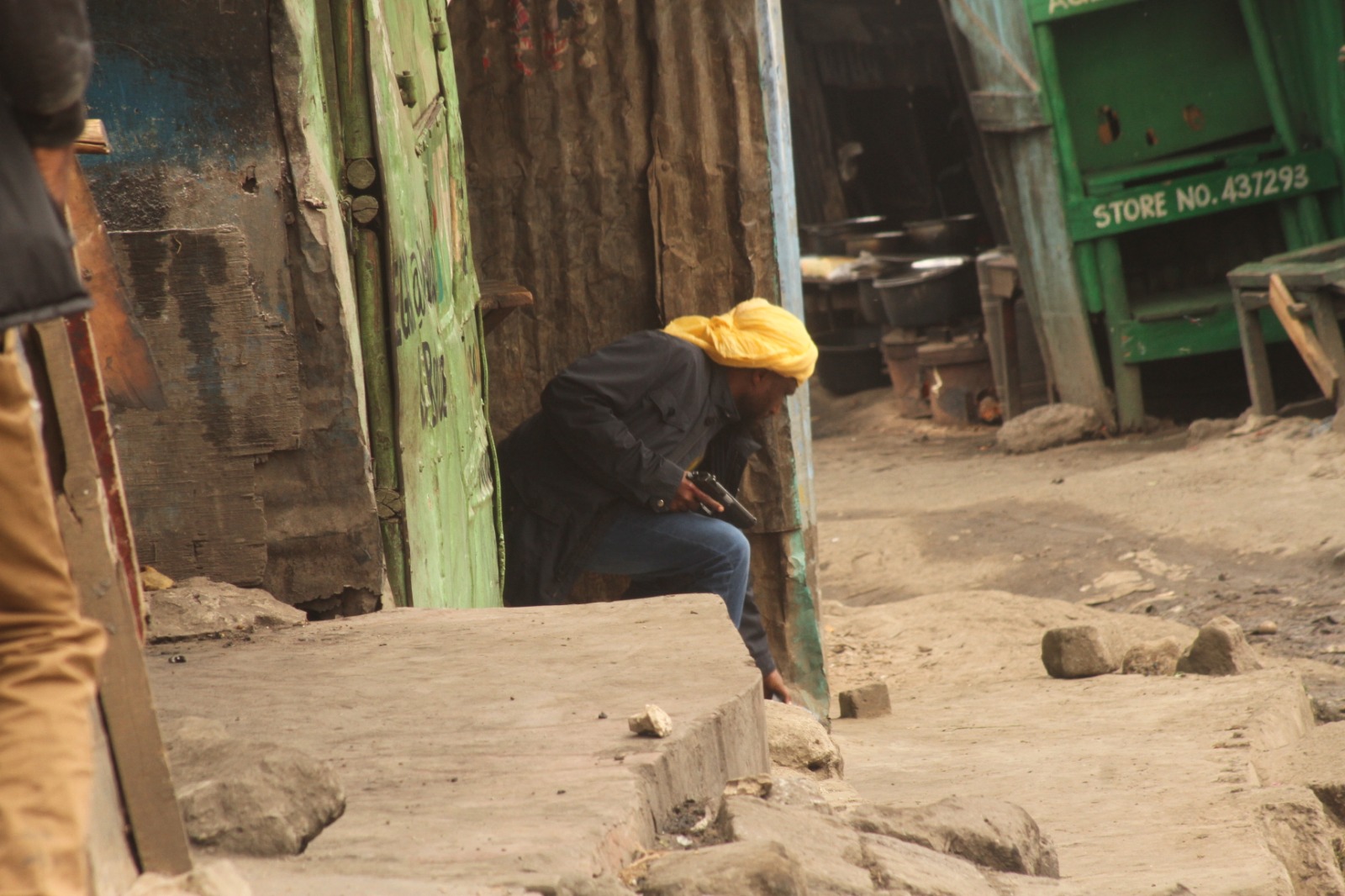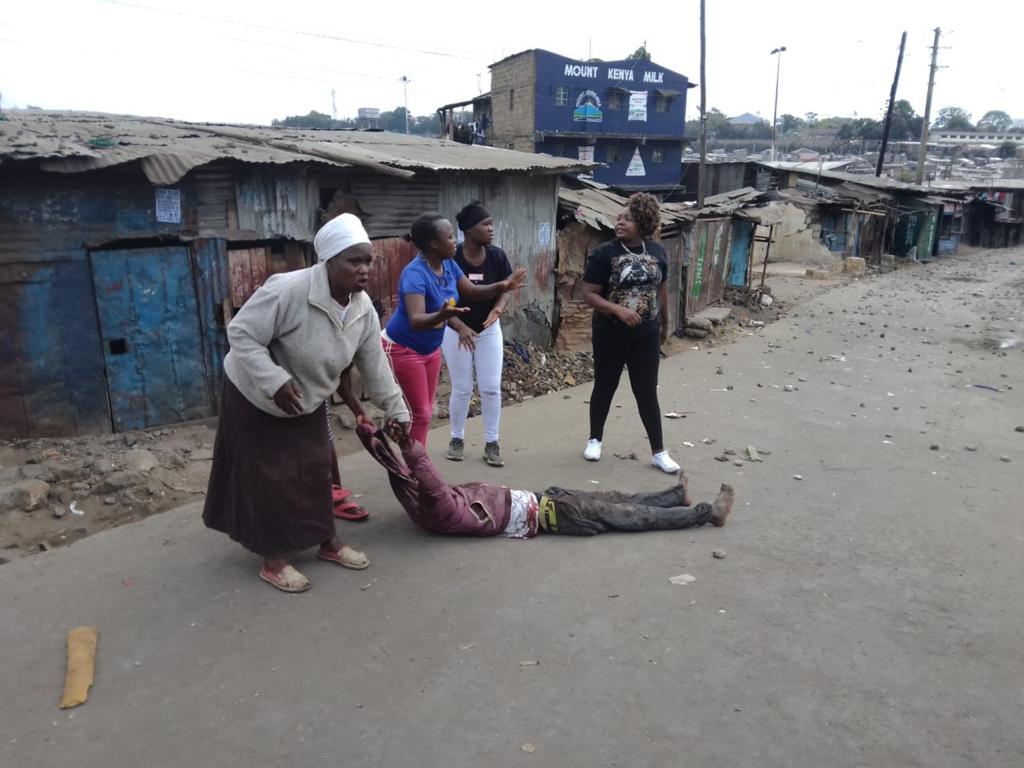
-
By:
- David Kedode
- 1 Comment
- Tags: Article 37, Human Rights, Kenya, Killer Squad, Maandamano, Operation Support Unit, Raila, William Ruto
The Danger of Special Units: A Threat to Citizen Freedom in Kenya and Beyond
Introduction:
In Kenya, the recent formation of an Operation Support Unit (OSU), reportedly tasked with eliminating individuals who speak out or oppose the current regime, raises serious concerns about the erosion of citizen freedoms and the violation of constitutional rights. This unit, led by one Zachary Kariuki, has drawn attention due to its similarities with previously notorious special units employed by former Kenyan presidents. This article will examine why such a unit is dangerous for the freedom of citizens, drawing examples from around the world to highlight the potential threats it poses.
The Right to Demonstrate and Protest: Kenya’s 2010 constitution, specifically Article 37, recognizes and upholds the right of citizens to demonstrate and protest. This constitutional provision is a crucial safeguard for the expression of dissenting voices and the holding of public officials accountable. However, the existence of an Operation Support Unit whose primary purpose is to quash opposition and silence dissent significantly undermines this fundamental right.
The Broken Promise: During the 2022 Presidential campaign, William Ruto, now the head of state, made a solemn promise to the Kenyan people. He pledged not to employ such units and even went as far as assuring citizens that he would disband the Special Service Unit (SSU) upon assuming power. This promise offered hope for change and the restoration of democratic values, only to be shattered when a new, highly lethal unit emerged, operating covertly in an unregistered Subaru Outback.
International Examples: Examples from around the world illustrate the dangers posed by covert special units and their implications for citizen freedom:
1. Argentina’s Dirty War: In the 1970s, Argentina’s military regime established the notorious “Dirty War” special units. These units were responsible for widespread human rights abuses, including forced disappearances, torture, and extrajudicial killings. The unrestricted power of these units led to an atmosphere of fear and silenced opposition.
2. Russia’s Poisonings: The poisoning of Russian dissidents, such as Alexei Navalny, allegedly orchestrated by Russian special units, showcases the lengths to which covert forces can go to stifle dissent. Such actions not only endanger individuals’ lives but also in still a climate of fear, inhibiting free expression.
3. Myanmar’s Crackdown: Following the military coup in Myanmar in 2021, special units were deployed to suppress protests against the junta. These units resorted to violence, resulting in numerous deaths and human rights abuses. The presence of such units severely curtailed citizens’ freedom of expression and assembly.
The Danger of Unaccountability:
One of the primary concerns associated with covert special units is their lack of accountability. Operating in secrecy, often without proper oversight or legal frameworks, these units can act with impunity. This impunity undermines the rule of law, erodes trust in institutions, and leaves citizens vulnerable to abuse of power.



Conclusion:
The formation of the Operation Support Unit in Kenya, despite the promises made during the election campaign, represents a concerning development for citizen freedom and democratic values. Covert special units have a long history of suppressing dissent, violating human rights, and fostering fear within societies. The international examples mentioned serve as cautionary tales, highlighting the dangers inherent in such units. Kenyan citizens, civil society organizations, and the international community must remain vigilant, advocate for transparency, and ensure that the rights enshrined in the constitution are upheld and protected for all.

1 Comment found